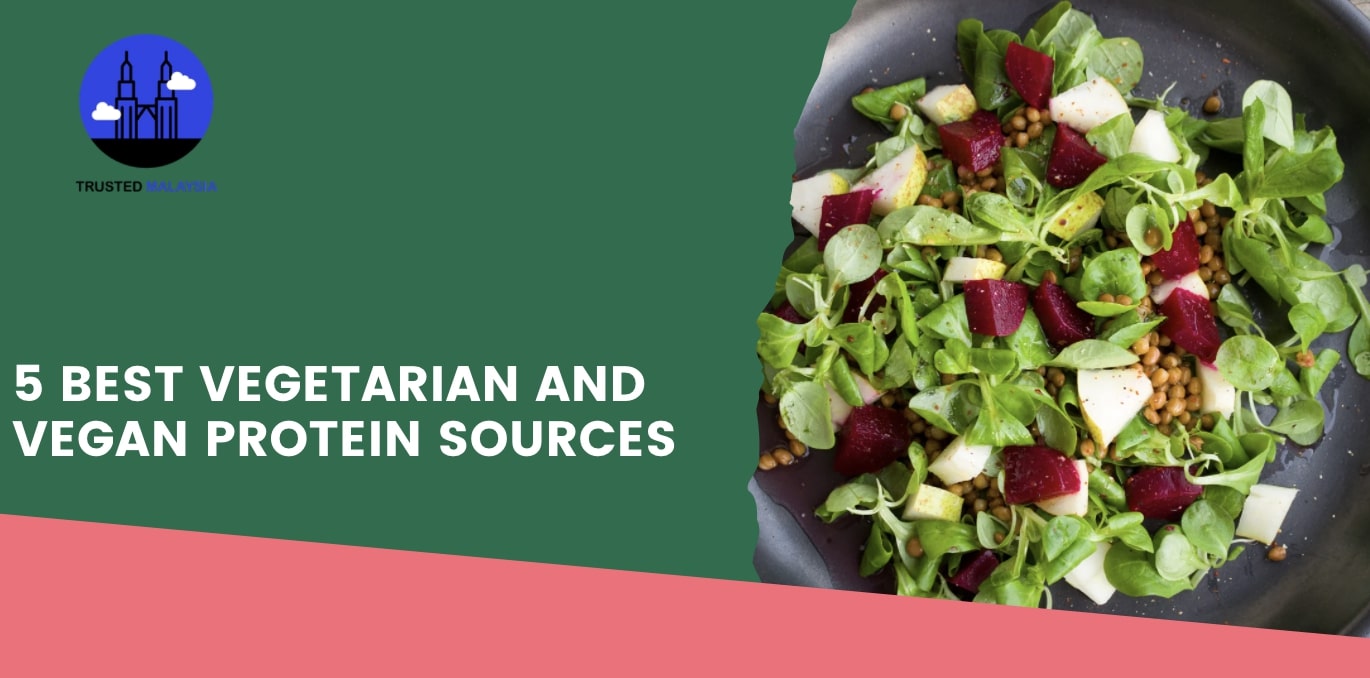5 Best Vegetarian and Vegan Protein Sources
The good news is that protein isn’t only available to meat lovers, but there are a lot of protein food sources for vegans and vegetarians too so they can be healthy.
In this list, we’ll take a look at the top vegetarian and vegan protein sources. Of course, you can cook them as standalone food or an ingredient for your favourite meatless or dairy-free recipe.
Without any more ado, let’s begin!
1) Soy Milk
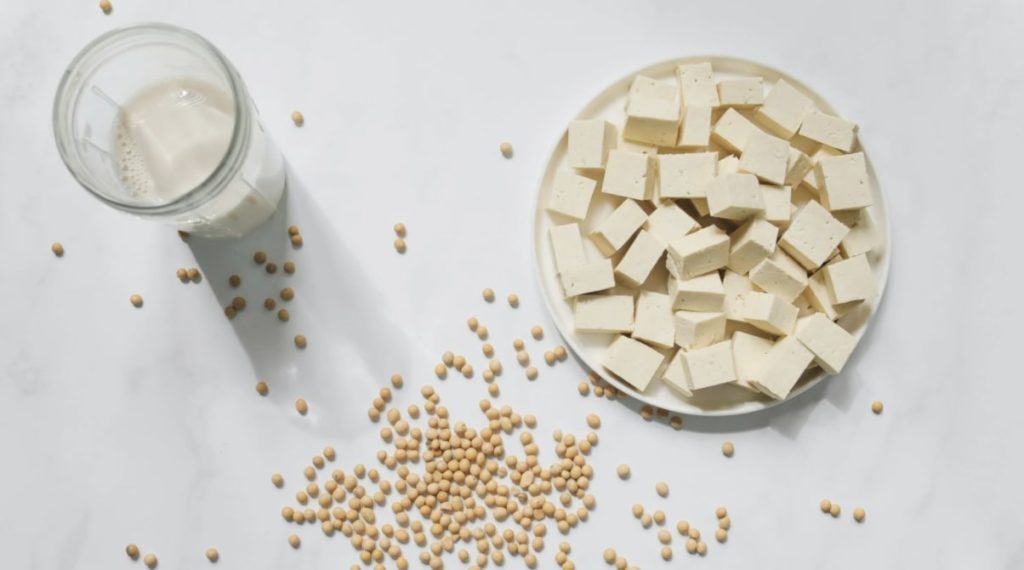
One delicious vegan alternative to regular or skim milk is soy milk. Coming from soybean plants, they have zero cholesterol and low unsaturated fats, which make them a healthy choice.
Every 0.24L glass of soy milk typically contains 4 to 8g of protein. The same amount of whole milk gives the person 8g of protein, so soy milk is a great substitute for whole or low-fat milk.
However, soy milk has more sugar and calories in them, especially flavoured ones. Therefore, you have to drink it less frequently because it can contribute to weight gain.
2) Tofu and Tempeh
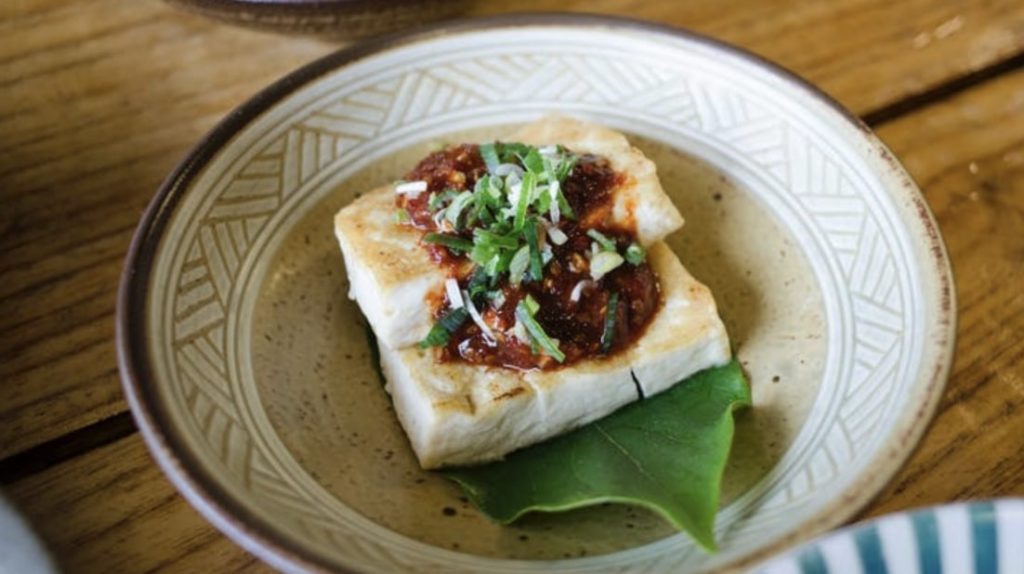
Other products made from soybeans are tofu and tempeh. They are some of the best vegan sources out there given their many vitamins and minerals and high protein content.
You can already get 15g to 20g of protein from these two per 0.12L cup. It’s almost half the daily protein requirement needed by sedentary men and women every day.
They can add texture and taste to any recipe you have whether you want them small or large. And they can stand in for small bits of flavour-enhancing meat in your salad or stew like you order from a restaurant!
3) Leafy Vegetables
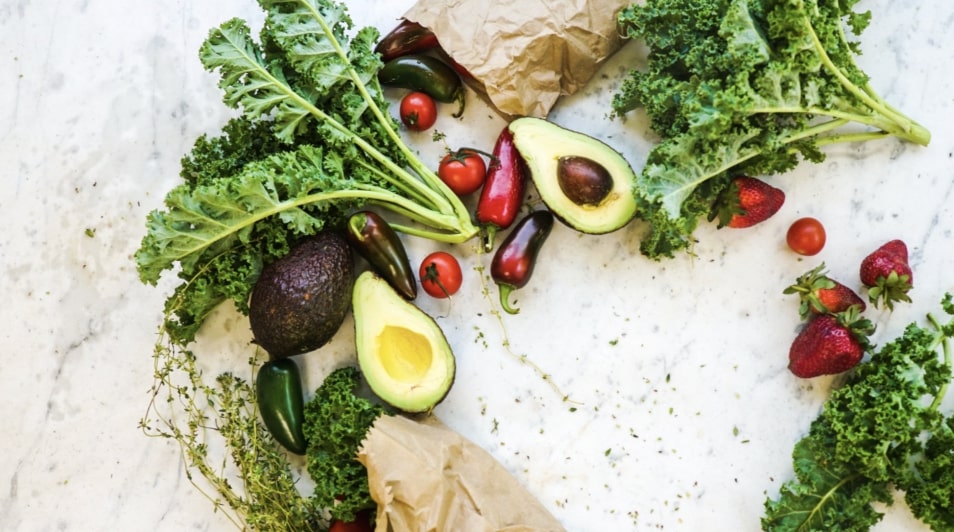
Contrary to what people think, vegetables are a good source of protein, particularly leafy ones like spinach and broccoli.
Spinach gives about 2.1g of protein in every 0.47L cup, and broccoli has higher protein content at 3.72g per 0.24L. However, their protein count pales in comparison to legumes and peas, which packs about 4g to 16g with the same serving size.
Best of all, they contain healthy antioxidants and fibre that lower your risk of heart disease, diabetes, cancer, and other illnesses. You can even just make them into a veggie shake to add variety to your diet.
Also, you can very easily grow them in your garden if you know how. As such, you can get more natural and fresher veggies than those in the grocery and save your money too!
4) Potatoes

Potatoes are an excellent source of protein for vegans and vegetarians. They are not a fruit but a type of root vegetable called tubers.
A baked potato contains as much as 8g of protein. In addition, it is a great source of vitamin C and potassium; both of which help the body function optimally.
You can bake potatoes in an oven, pair them with rice, or add them to any vegan soup or stew to enhance its flavour.
Furthermore, for a healthy and delectable snack with extra protein, pour hummus on the potato and enjoy!
5) Lentils
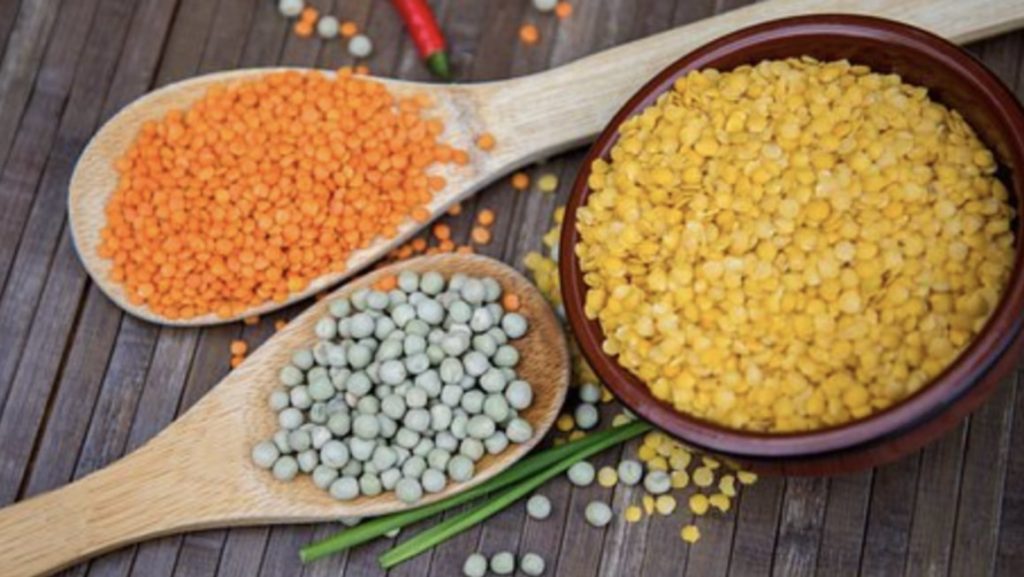
Lentils are tiny beans belonging to the legume family. It comes in green, red, brown, and black varieties.
They are superb vegetarian or vegan food sources being high in protein, low in calories, and rich in iron and folate. Folate is the nutrient necessary to create red blood cells.
After cooking, these vegetables can be independently eaten at lunch or dinner. Better yet, they can make a fantastic addition to curries, stews, and salads giving you a protein-rich meal.

